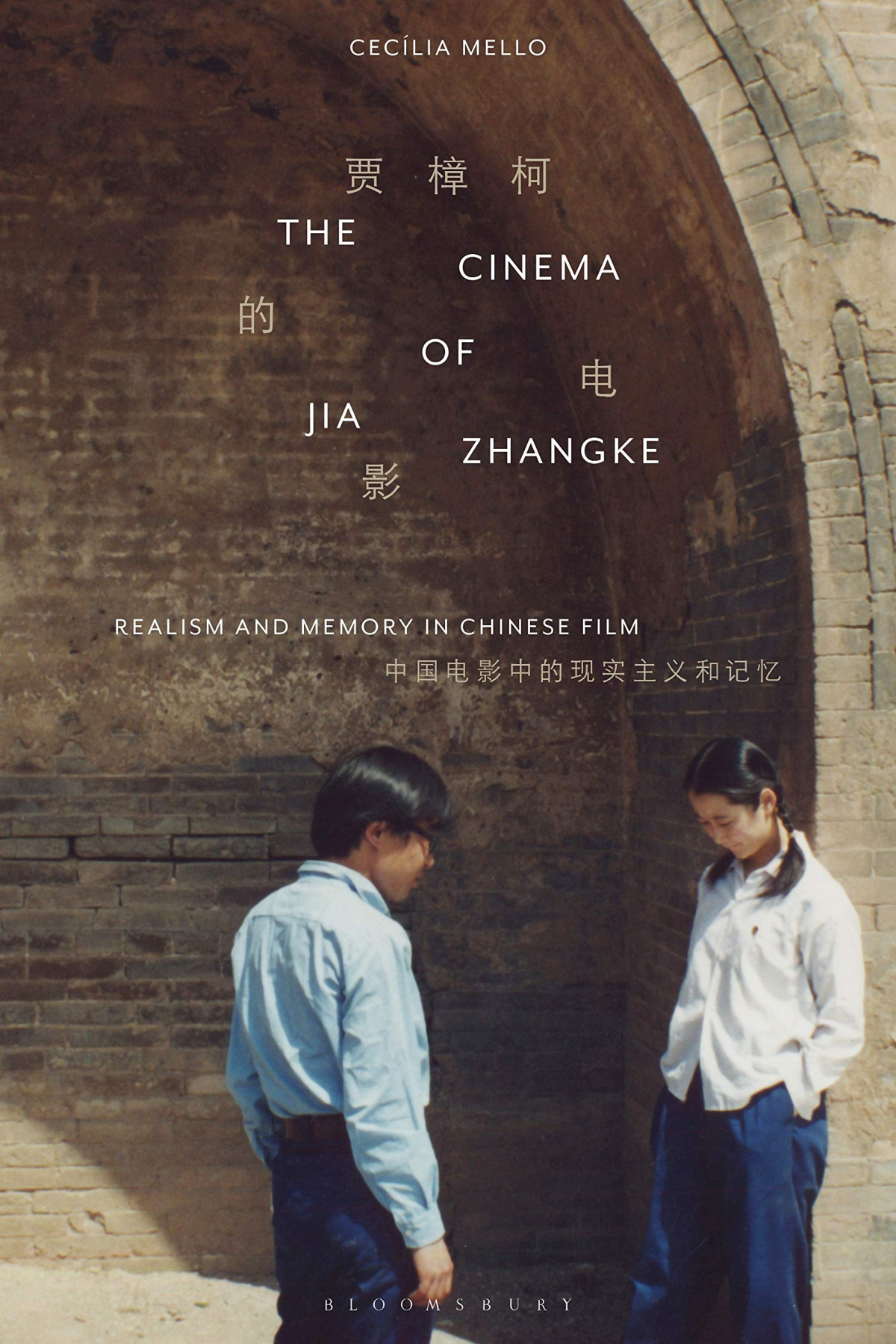

Most ebook files are in PDF format, so you can easily read them using various software such as Foxit Reader or directly on the Google Chrome browser.
Some ebook files are released by publishers in other formats such as .awz, .mobi, .epub, .fb2, etc. You may need to install specific software to read these formats on mobile/PC, such as Calibre.
Please read the tutorial at this link: https://ebookbell.com/faq
We offer FREE conversion to the popular formats you request; however, this may take some time. Therefore, right after payment, please email us, and we will try to provide the service as quickly as possible.
For some exceptional file formats or broken links (if any), please refrain from opening any disputes. Instead, email us first, and we will try to assist within a maximum of 6 hours.
EbookBell Team

5.0
48 reviewsDespite his films being subjected to censorship and denigration in his native China, Jia Zhangke has become the country's leading independent film director internationally. Seen as one of world cinema's foremost auteurs, he has been playing a crucial role in documenting and reflecting upon his country's era of intense transformations since the 1990s.
This book offers innovative scholarship and in-depth analysis of Jia's unique body of work from his opening actPlatform, to experimental quasi-documentary24 Citythrough to the audacious addition ofMountains May Depart. Drawing on classic and contemporary realism theory, it suggests that his particular expression of the realist mode is greatly shaped by the aesthetics of other Chinese artistic traditions. These traditions allow Jia to unearth memories both personal and collective, still lingering within the ever-changing landscapes of contemporary China.
Interweaving issues relating to cinema, painting, architecture, opera, pop music, literature, geography, and history, chapters address the very nature of the so-called "impure" cinematographic art and in addition the complex representation of China through the ages.
Proving of value to students and scholars of film studies and to admirers of Jia's work, this book opens the door into Chinese cinema and culture at a time when the country is at the center of the world's attention.